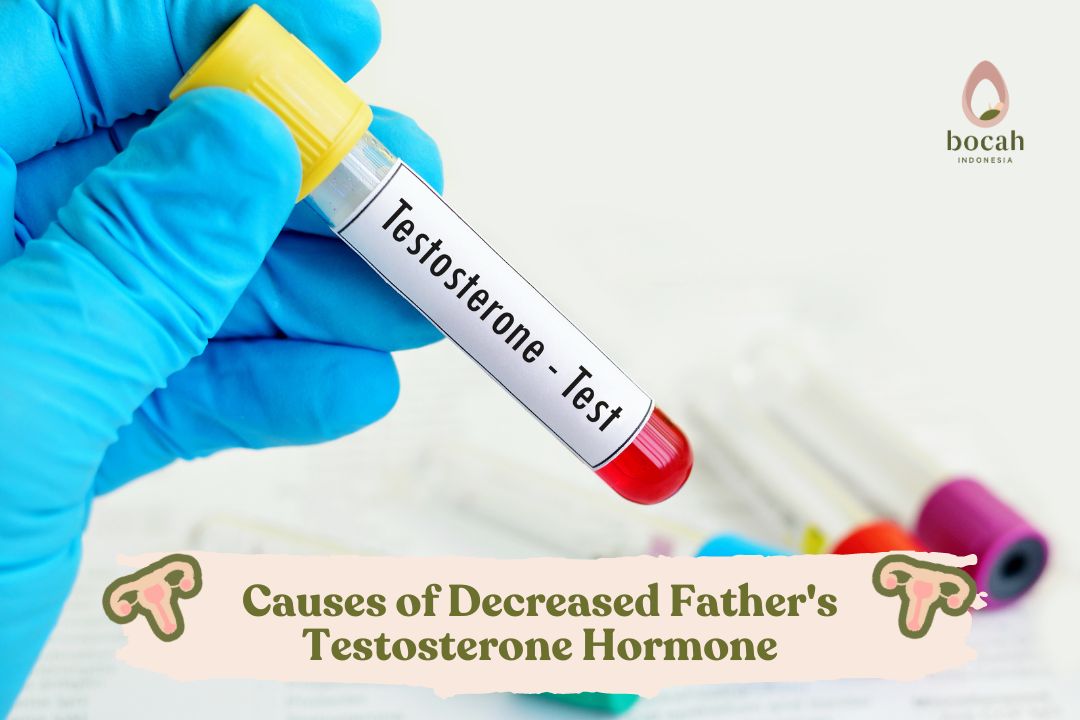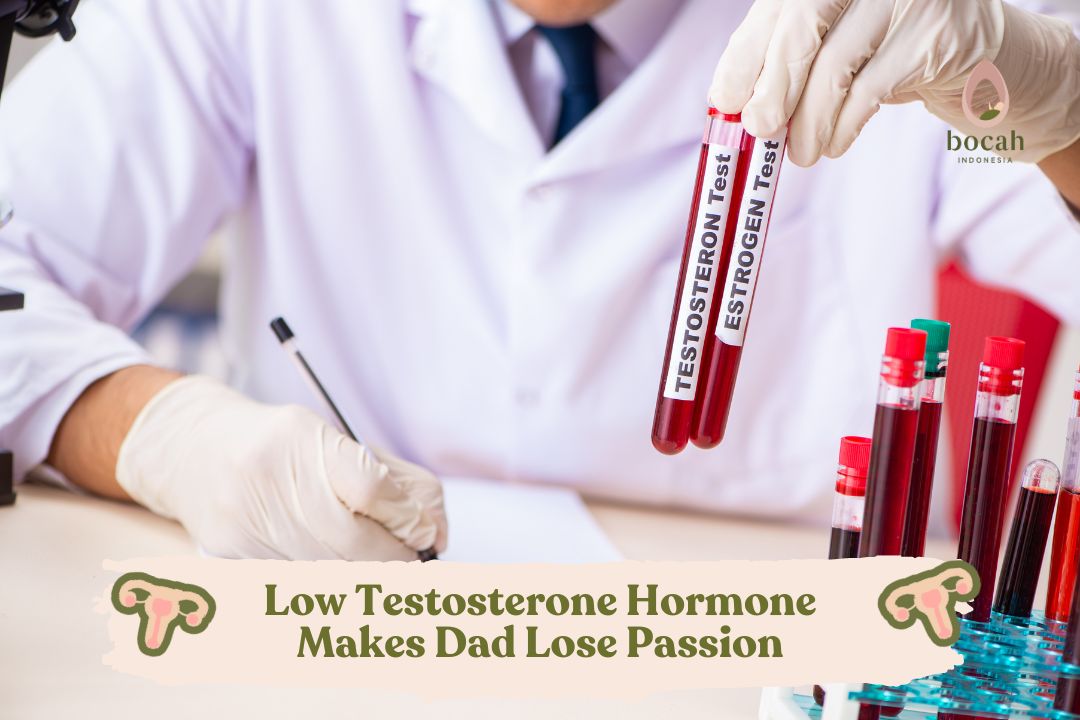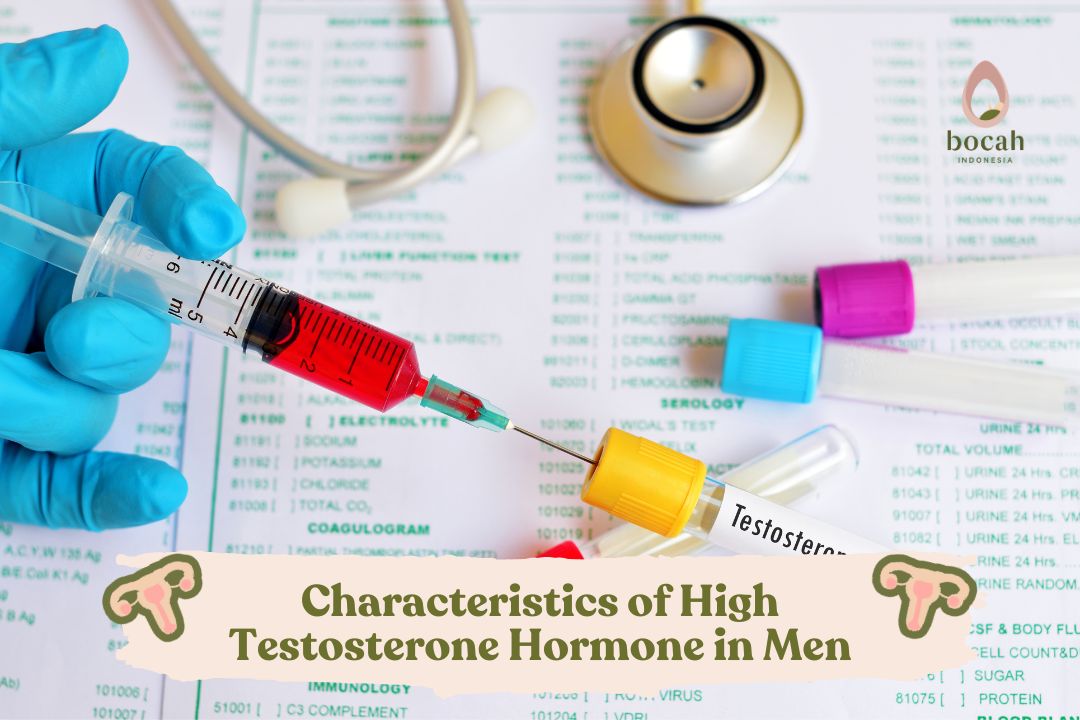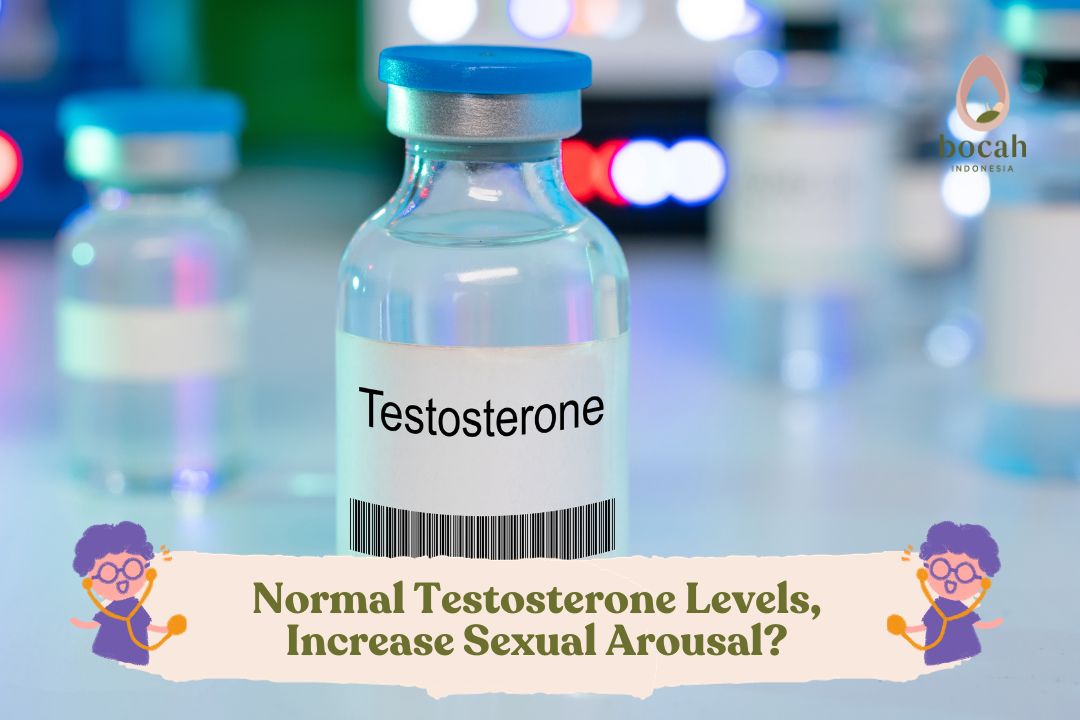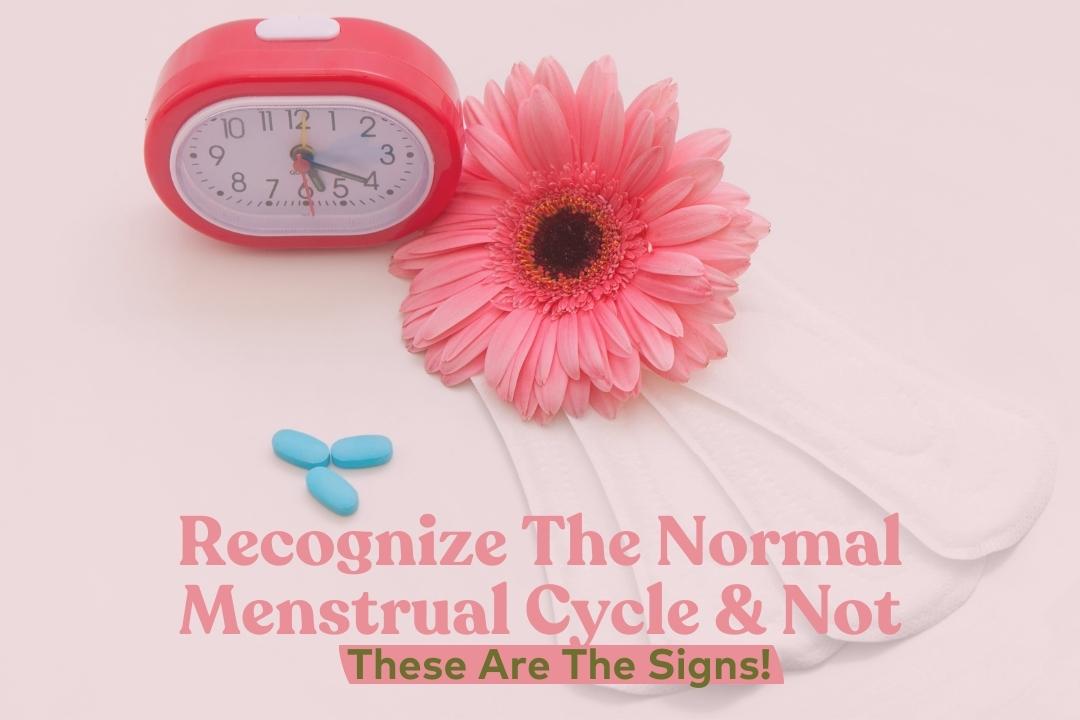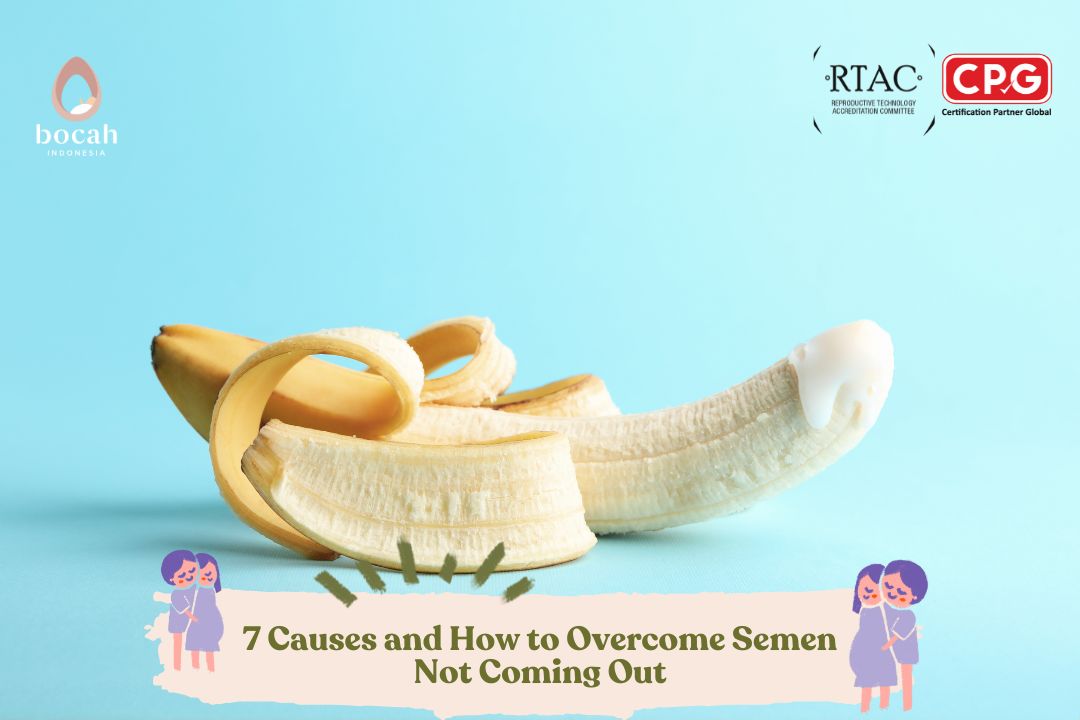Testosterone and Sperm Are Not the Same
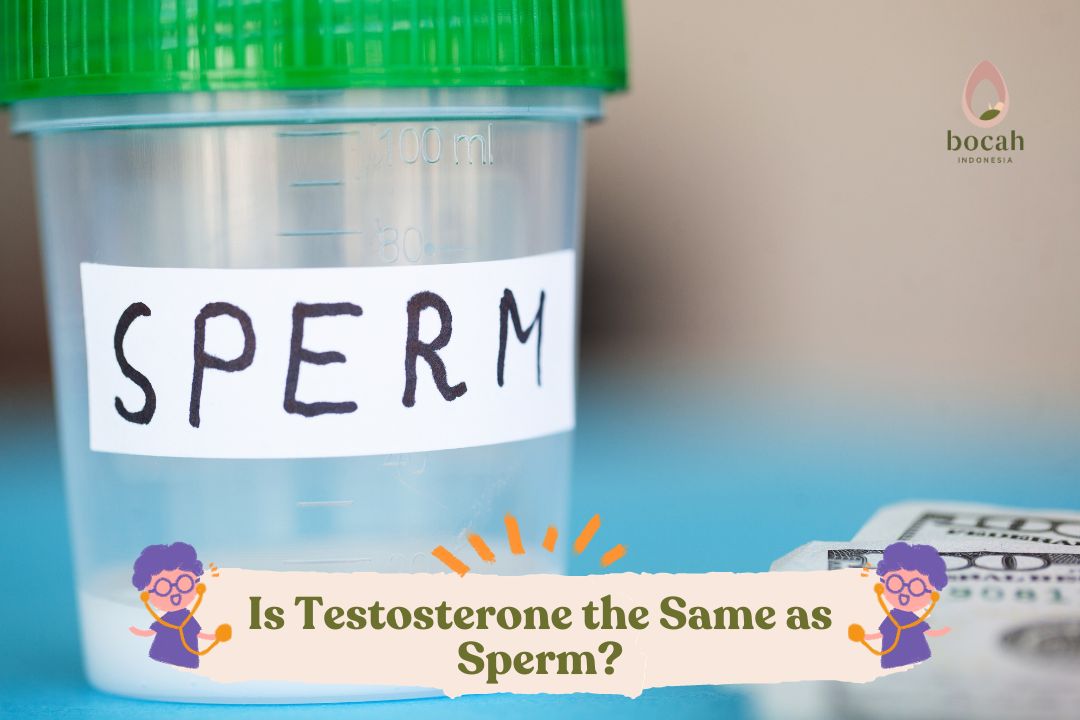
Although testosterone and sperm are both related to male fertility, they have different roles in the reproduction process.
Testosterone and sperm are often misconstrued as the same thing, but they play different roles in male reproductive function. Both are indeed involved in male reproductive function and are produced within the testes.
However, it’s important to remember that testosterone and sperm are distinct entities and have different roles in the reproduction process. To avoid confusion about whether testosterone hormone is the same as sperm, please read the following explanation.
What Is Testosterone?
Testosterone is the primary sex hormone in males, primarily produced in the testes. This hormone plays a key role in the development and maintenance of secondary sexual characteristics in males, such as facial hair growth, deepening of the voice, and increased muscle mass.
Testosterone also influences libido (sexual desire) in males and is involved in the process of sperm production. In addition to being produced in the testes, testosterone is also produced in small amounts by the adrenal glands. Hormonal balance is essential for sexual function, reproduction, and overall male health.
Mulai Journey of Hope
What Is Sperm?
Sperm are male reproductive cells produced in the testes through a process called spermatogenesis. Sperm consist of a head, neck, and tail. The primary function of sperm is to carry genetic information from the male to the female egg during the fertilization process.
After ejaculation, sperm can move through the reproductive tract, and if they encounter a mature egg cell, they can fertilize it to form a zygote. This zygote then develops into an embryo, which will further develop in the mother’s uterus to become a fetus.
The Relationship between Testosterone and Sperm
There are indeed some similarities between testosterone hormone and sperm, such as:
-
Produced in the Testes
Both of these substances are produced in the testes, which can lead to confusion between them.
-
Reproductive Function
They are both involved in reproductive function but in different ways. Testosterone plays a role in the development of male sexual characteristics and the regulation of reproductive function, while sperm is the cell required for egg fertilization.
-
Role in Male Fertility
Both of these elements are crucial for male fertility. Balanced testosterone is necessary for normal sperm production, and healthy sperm is essential for successful fertilization.
However, although testosterone plays a crucial role in sperm production, sperm quality is not solely determined by testosterone levels. Sperm quality involves factors such as sperm count, sperm morphology (shape), and sperm motility (ability to move).
Therefore, while testosterone and sperm both play a role in male fertility, a comprehensive assessment of fertility is best done through specialized evaluation with a doctor to determine the quantity and quality of sperm.
Differences Between Testosterone and Sperm
Here are some noticeable differences between testosterone hormone and sperm:
Testosterone Hormone
-
Plays a role in the development of secondary sexual characteristics in males, such as facial hair growth, a deeper voice, and increased muscle mass.
-
Regulates libido or sexual desire.
-
Plays a role in the process of sperm production.
Sperm
-
Is the cell required for egg fertilization during the reproduction process.
-
Sperm quality involves factors such as sperm count, morphology (shape), and motility (movement).
-
Sperm quality can impact the likelihood of successful fertilization and pregnancy.
Although testosterone plays a crucial role in sperm production, they are not the same. Normal testosterone levels are important for reproductive health and sexual function, while sperm quality provides a more specific insight into father’s fertility.
Understanding these differences is essential for identifying and addressing reproductive issues more effectively. If you or your partner are experiencing fertility problems, consulting with a doctor can help determine the causes and appropriate treatment steps.
That’s the explanation about testosterone hormone and sperm. If you are looking for information about fertility programs, visit the Bocah Indonesia website to get medically accurate information.
- Knapke, E. T., & Perry, M. J. (2020). Environmental and Occupational Pesticide Exposure and Human Sperm Parameters: An Updated Review. [ABSTRACT]. ISEE Conference Abstracts, 2020(1). https://ehp.niehs.nih.gov/doi/abs/10.1289/isee.2020.virtual.P-0792
- Pino, et al. (2020). The Effects of Aging on Semen Parameters and Sperm DNA Fragmentation. JBRA Assisted Reproduction. 24(1), pp. 82–86. https://www.ncbi.nlm.nih.gov/pmc/articles/PMC6993171/
- Kesari, K.R., Agarwal, A., & Henkel, R. (2018). Radiations and Male Fertility. Reproductive Biology and Endocrinology. 16: 118. https://pubmed.ncbi.nlm.nih.gov/30445985/
- Pietrangelo, A. Healthline (2014). The Effects of Testosterone on the Body.
- Mayo Clinic (2020). Healthy Sperm: Improving Your Fertility.
- Fasting While Trying to Conceive? Healthy Meal Ideas for the Entire Month - 04/03/2026
- 12 Foods to Help You Get Pregnant Faster - 03/03/2026
- 3 Juice Recipes for a Pregnancy Program - 26/02/2026



